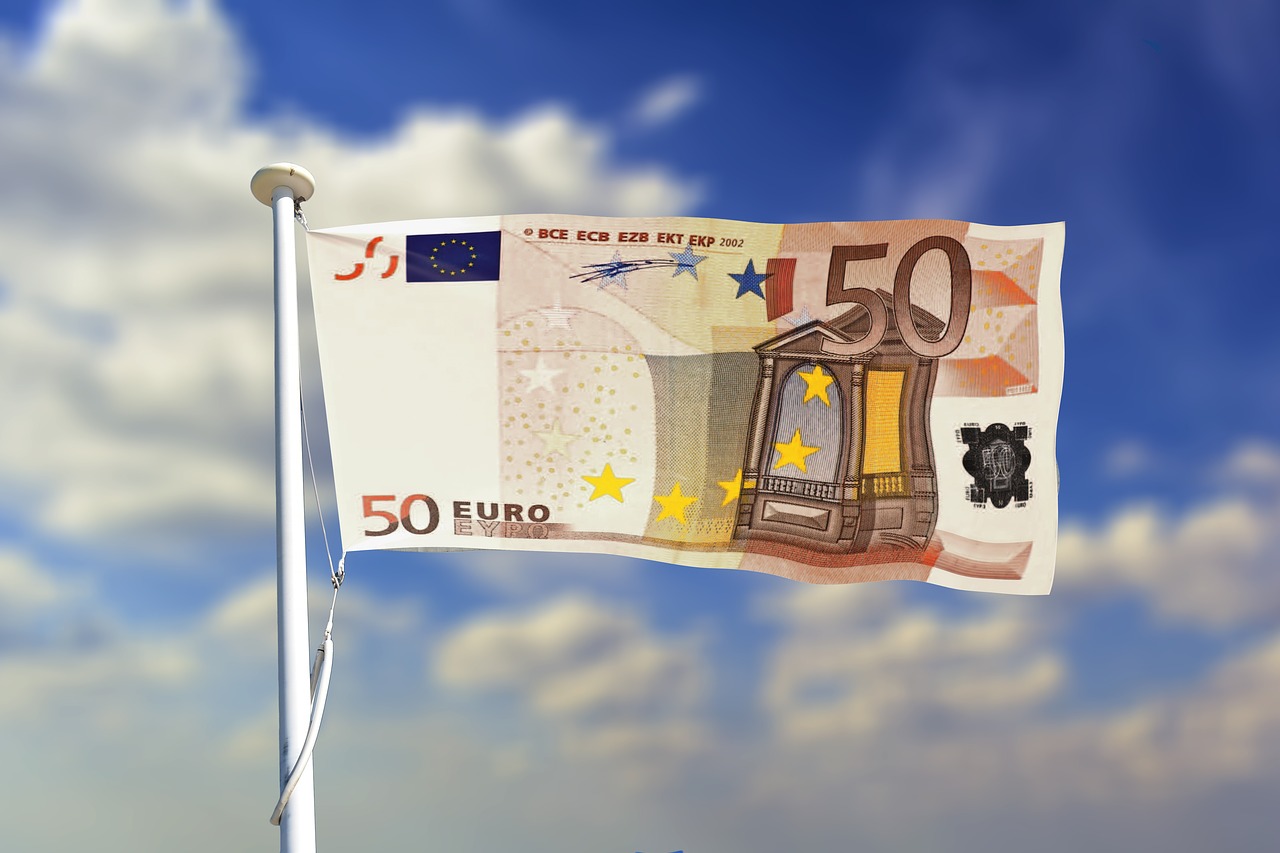Multilateral organisations fall short on transparency
The transparency of multilateral organisations is inadequate. That is the major outcome of the recent study published by Cordaid, Hivos and the Open State Foundation. We found that it is still not possible to track money flows to and from many multilateral organisations, organisations that (should) set the global example for how to be transparent.
Twenty-four multilateral organisations were scrutinised in the quick scan, and the results show that access to open financial data, such as budgets, expenditure and tenders, for a large number of multilateral organisations, is insufficient.
Frequency, Quality and Scope of Data
While relatively more financial information is accessible from institutions such as the World Bank, IFC, IDA and IBRD, organisations such as the OECD, WTO, UNEP, IOM and IMF, on the other hand, have much less financial data available. NATO is the most closed multilateral organisation of the institutions examined, as confirmed by the NATO auditor.
Only 6 of the 24 organisations surveyed publish their own budget as open data. Multilateral organisations targeting development cooperation publish budget data at project level but relatively little data on the budget of the organisation itself. When they publish data, most organisations do so in the IATI standard. However, the quality, scope and duration of the data vary.
Multilateral organisations only publish sporadically about tenders. The companies and institutions that have been put out to tender do not provide good insight into multilateral organisations. The IMF only publishes announcements. WFP summarises tenders annually in a report but is limited to aggregated information. Only 9 out of 24 multilateral organisations publish open data on public procurement. None do so on the basis of the international Open Contracting Data Standard (OCDS).
The Netherlands as a champion of transparency
Multilateral organisations are of great importance to the Netherlands for the implementation of foreign policy because cross-border issues such as trade, climate change and conflicts require an international approach.
According to Arjan El Fassed, Director of the Open State Foundation, “the Netherlands spends more than 3 billion euros each year in contributions to multilateral organisations, including to NATO, FAO and UNEP, and we would expect that it’d be easier to see where that money is actually going, what it’s being spent on.”
In order to be able to fulfill the active role that the Netherlands plays in these organisations, it is important that access to information is also ensured in the form of open data, because this improves the insight into the results and the effectiveness. This is essential for the support and sustainability of these multilateral organisations.
The need and right to know
Every year, governments worldwide spend USD $ 9 billion through public tenders on everything from pencils, paper and computers to the construction of hospitals and schools and expensive infrastructure projects. Corruption in public contracting costs the community and businesses also billions of euros.
Companies want access to this data and information to have a fair and competitive business environment. And citizens have the right to know what public funds—their tax money—are spent on. Making public procurement more transparent is a prerequisite to effectively tackle corruption, inefficiency and mismanagement.
As active members of many multilateral organisations, the Netherlands has a reputation for taking the lead in promoting transparency. It is therefore fitting for the Netherlands to become an advocate for greater transparency in international spending.
Ensuring transparency is about addressing inequality and equalising access to power to safeguard that governments deliver quality public goods and services that citizens have a right to, and a need for. Together with Cordaid and OSF, we therefore call on the Dutch government to champion transparency in multilateral organisations and to set a good example itself.





